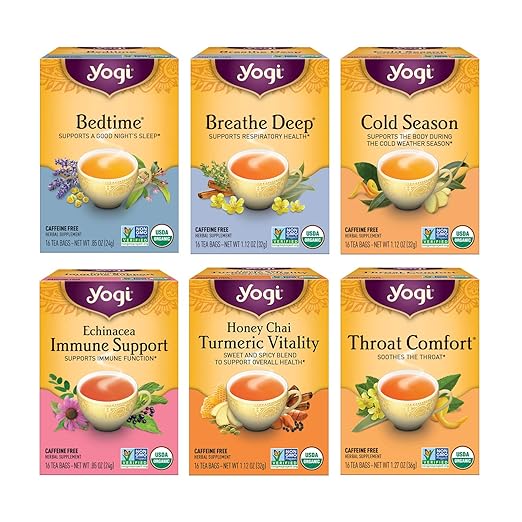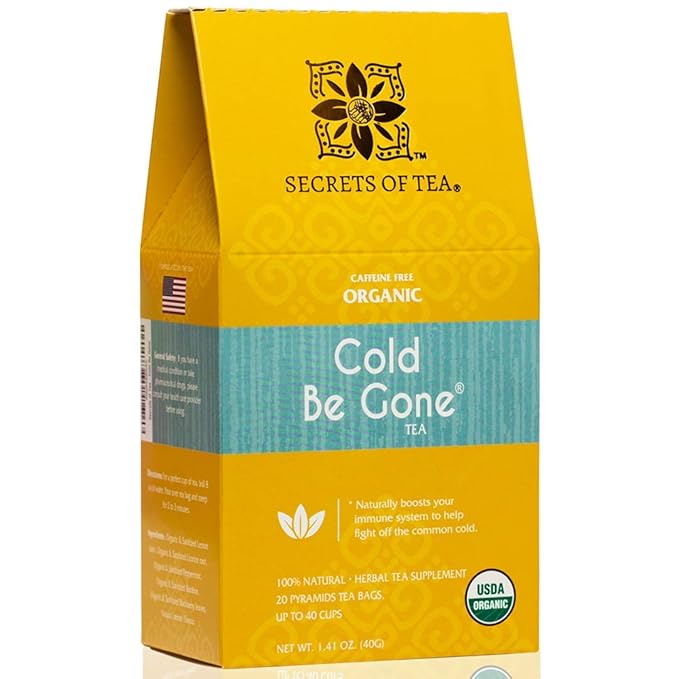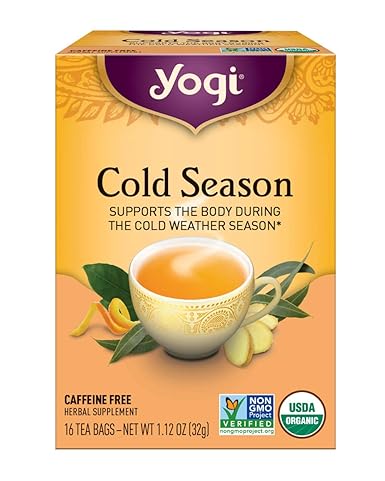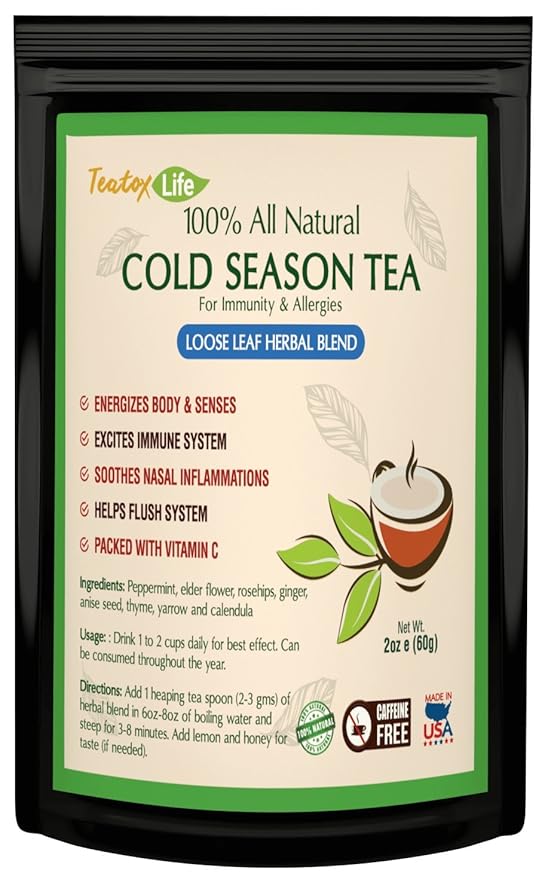I don’t get the flu often, but when I do. WHOA! The flu can be a mild case or a kick your butt can’t get out of bed or move for 24-48 hour flu. I’m thankful to be a tea lover and to know that the benefits of tea for flu, as well as dehydration, are big pluses.
The CDC describes the flu as: “a contagious respiratory illness caused by influenza viruses that infect the nose, throat, and sometimes the lungs. It can cause mild to severe illness, and at times can lead to death”.

The flu and why tea helps
Influenza is a severe disease that is highly infectious. Infecting three to five million annually. The flu is a contagious respiratory illness caused by influenza viruses. The flu affects the nose, throat, and sometimes the lungs. The symptoms can be mild or severe and anywhere in between.
The flu is no respecter of persons and affects people of all ages from young to old.
The flu is an infectious disease. How does it spread?
- Coughing (airborne)
- Sneezing (airborne)
- Touching (contaminated areas)
- Kissing (saliva)
- Sharing Drinks (saliva)
- Handshakes (skin to skin)
- Hugging (skin to skin)
Since the Coronavirus outbreak, we are taking things more seriously. Separating ourselves when we get the flu, to stop the spread. I know I’ve dragged myself to work when I was sick, so have many people. Those days are over, or at least they should be. Employers should be taking it seriously and employees need to take a sick day or two.
There is one flu but many classifications like:
- A
- B
- C
- D – affects pigs and cattle
Many people feel the flu is when your stomach is upset and you either have diarrhea or vomiting. These are not accurate flu symptoms. Flu symptoms include:
- Fever
- Muscle pain
- Chills
- Cough
Not everyone will feel the same symptoms and all symptoms can range from mild to severe. The symptoms follow a similar pattern and last from 24 hours to over a week.
Symptoms:
Days 1
- The sudden appearance of fever
- Headache
- muscle pain
- Weakness
- Dry cough
- Sore throat
- Stuffy nose
Day 4
- Fever
- Muscle aches decrease
- Hoarse, dry, or sore throat
- Cough
- Possible mild chest discomfort
Day 7:
- Your symptoms should be lessening
The protocol for healing the flu naturally is rest and fluids. What’s better than rest and the healing powers of tea.

The benefit from the best tea for flu
If you have been following me for any length of time. You know that tea is an incredible drink with even more incredible healing properties. One tea stands out over all the others in helping the body heal from a flu attack. That tea is green tea.
The reason green tea is so helpful is because of catechins. These are found in tea leaves and are flavonoids. The catechins in green tea are the highest. Mainly because green tea is the least fermented of all the teas.
Green tea has some effective health properties. There is not just one area where green tea helps. There are many. It would be easier to say what area green tea is not beneficial. Today we discuss green tea’s ability to help us with the flu.
While not conclusive. There have been countless studies done on the ability of catechins to prevent flu infections. These studies have been from the late 1990s.
Nothing is 100 percent and there have been cases of flu with that drinking tea showed no benefit. But, the conclusions are in tea’s favor. Green tea is the leader.
This table shows the results of green tea in different test groups. The results are interesting and a plus for us green tea drinkers. One study concentrated on green tea drinkers’ habits and the flu. Two studies looked at green tea supplementation. Five studies looked at gargling with green tea as a way to prevent the flu.
The antioxidants in green tea help fight the virus as well as fight the free radicals that attack the body. Drinking tea also helps ease coughing and congestion.
Maybe you don’t drink green tea on a regular basis. If that’s the case when you drink green tea during an influenza attack it goes to work no matter what stage your flu is at. The antioxidants help to stop the infection of healthy cells. Green tea weakens the influenza virus. Green tea and all of its properties can slow the duration of the flu and fight cold symptoms.
The EGCG in green tea is an antibacterial component. Because of those catechins polyphenols, green tea has the highest antimicrobial activity. These polyphenols break into the bacterial cell and destroy it. Both EGCG and EGC show the highest amount of antimicrobial activity. Can green tea kill bacteria? I’d say yes, it can!
More on green teas amazing properties:
- Anticarcinogenic
- Anti-inflammatory
- Anti-microbial
- Antioxidant property
- Beneficial in cardiovascular disease (CVD)
- Diabetes and obesity
- Neurological
- Oral health

More teas for flu
Tea ,tea and more tea. Drinking tea is more than status, it’s a way of life. So many people enjoy tea but also use tea for what ails them. Beyond tea, the universe has given us a bounty full of herbs to enhance the beneficial effects of our teas. You can enjoy herbs alone, gathered together, or added to our teas. There are so many different possibilities. So many different healing properties. So much enjoyment from the earth, to our cup.
I’ve included 8 more teas for flu support.
Peppermint – The scent alone of peppermint tea. Helps clear up those nasal passages and suppress that cough. Now imagine when you drink it. The menthol in peppermint will calm the coughing and ease any sore throat you may have. You’ll be able to breathe again. Peppermint also decreases inflammation
Chamomile – Chamomile, the calming herb. Some people say it puts them right to sleep. Imagine being able to rest and finally get to sleep with the flu. Chamomile can do that for you. It may not put you right to sleep but the hot tea can open your airways, hydrate you and let you breathe and relax. It’s the petals of the flower that have a sedative effect.
Echinacea – Another great anti-inflammatory herb. Grab a cup of this tea at the onset of your symptoms. If you drink it as a regular cup you will decrease the risk of getting a cold or the flu. Echinacea increases the white blood cell count. This helps fight infections and disease.
Ginger – Ginger tea is a great remedy for a sore throat. The antimicrobial properties go to work with each sip. Ginger tea is also known for its anti-inflammatory aid to sore and aching muscles. Ginger tea also helps to soothe an upset stomach.
Elderberry – Last year I planted some elderberry branches in my yard. Much to my surprise, they are growing into a large bush. I hope to use my elderberries to make syrup as well as tea to help fight off infections. Elderberries have been shown to shorten the time sick with the flu.
Hibiscus – Rich in vitamin C the hibiscus floral makes a beautiful tea. Hibiscus can be traced to ancient Egypt and was used at that time as a fever reducer. Hibiscus fights bacteria, replenishes iron, and helps to build the immune system.
Nettle – Very popular in days of old and increasing in popularity currently. The benefits have not changed. Rich in many vitamins and minerals that help fight and protect against the flu. Nettle is immune-boosting and fighting bacteria. A very potent nutrient herb.
Licorice – For the love of licorice. Licorice added to any tea adds sweetness. Licorice root helps clear out the throat, congestion, and upper respiratory. Licorice is antiviral and antimicrobial, so important in the battle against the flu.

Are there cautions with flu-fighting teas
Everything in moderation with the teas and herbs mentioned above. Consult your doctor if you need advice on allergies to any of the herbs or teas.
While things are natural and healthy. Our DNA and body chemistry can react differently. I knew this when I found out I was allergic to Jojoba. What a disappointment when my doctor said to me: “ you can be allergic to healthy ingredients too”. DUH! So to this day I am cautious of ingredients with jojoba.
These teas and herbs will not cure the flu. They will help ease the discomfort as well as help fight off the effects of the flu
Feel free to search around my site for each herb or tea to find out more about each one.

Conclusion
I’m honored to bring the good news of tea and all of its benefits.
I hope you never have to worry about using tea to help with the symptoms of the flu. Or anything. But we don’t’ live in a perfect world and things happen to our bodies. When it does, you have tea to help you through it.
Until you need it, let’s grab a cup, find our happy spot, take a deep breath and enjoy every sip!
I know you might be in a hurry – you may need tea now for yourself or a family member to soothe the effects of the tea (the flu waits on no one). So here’s the top teas we recommend – if you want to know why, or see the other reviews, feel free to check them out below. But if you need something now, here’s our top choice:
Yogi Well Variety Pack
Chinee Medicina Tea and Flu Tea
Secrets of Tea Cold Be Gone
Yogi Tea, Cold Season
Immunity Tea for Respiratory Sinus Relief






